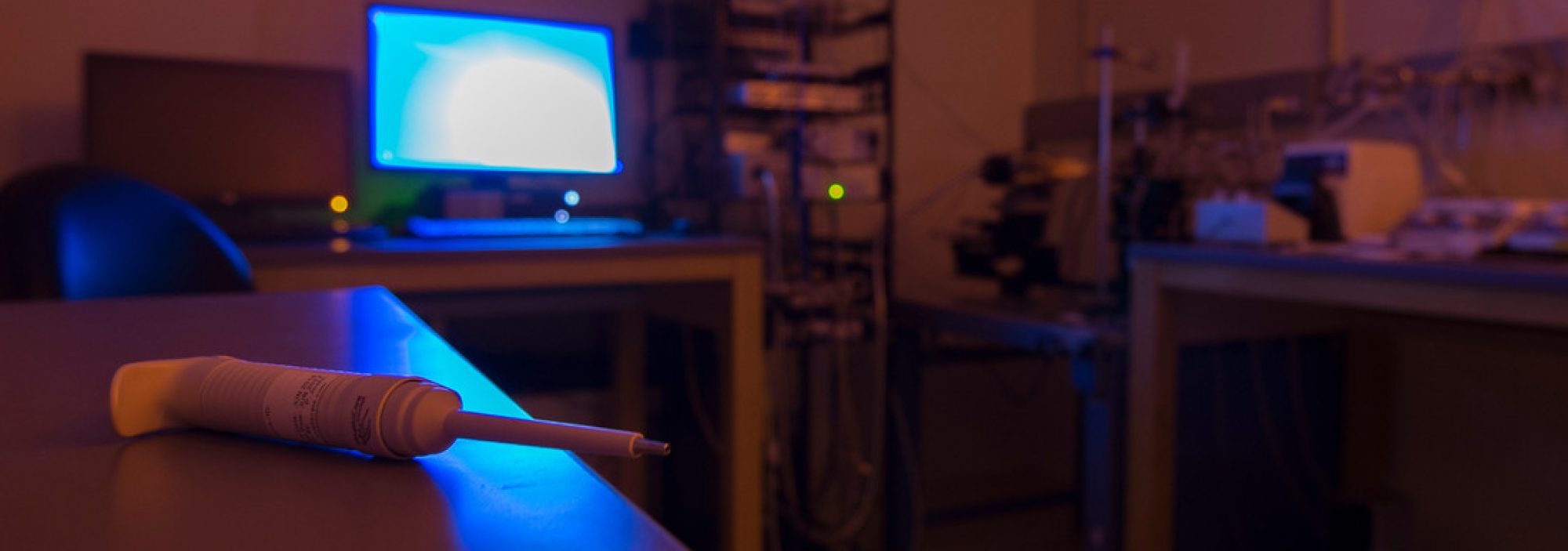The research focus of the VTC Smart Rehab Lab is currently engaged in two collaborative sponsored projects.
1) Semi-Automated Rehabilitation in the Home
With the aging of the US population, there is an increasing need for effective and accessible rehabilitation services for debilitating illnesses and injuries such as stroke and arthritis. Intensive long-term rehabilitation is challenging to administer in an accessible and affordable way as it requires frequent trips to the clinic (usually supported by a caregiver), and significant one-on-one time with rehabilitation experts. Telemedicine and telehealth are gaining prominence as cost effective ways to deliver home-based health and wellness to wider populations. However, automated tele-rehabilitation is not currently feasible as the expert functions of the therapist cannot yet be fully automated and replicated in the home. In addition, there are significant technical, behavioral, and clinical challenges to scaling technology assisted home-based rehabilitation. This project aims to address these challenges through the development of a system for Semi-Automated Rehabilitation At Home (SARAH). The system is defined as semi-automated because it relies on the remote participation of the therapist for developing and adapting the therapy program. The SARAH system uses the remote therapists’ instructions to guide the patient through daily intensive therapy sessions at the home. Using inexpensive sensing technologies that are non-intrusive and mindful of the patient’s privacy, the system records and analyzes the daily therapy sessions as well as the general activities of the patient in the home. The SARAH system then provides feedback to the patient based on their therapy activities and general movements around the home. The system also provides summaries of patient progress to the remote therapist so that they can adapt the program for subsequent therapy sessions. The first version of the SARAH system focuses on upper extremity stroke rehabilitation at the home as the team of researchers has significant experience in this space. Additional outputs from this project, including the development of a generalized system and relevant methodology, are designed to support a wide variety of home-based rehabilitation contexts.
This project is supported by the National Science Foundation, Award #2014499
2) Sensor Technology Applied to Rehabilitation in Stroke – STARS
The primary goal of the Sensor Technologies Applied to Rehabilitation in Stroke or STARS Rehabilitation Engineering Research Center (RERC) is to enhance the capacity of clinicians to provide evidence-based, individualize, and precise therapy, and to measure impairment by developing and testing a range of sensors suitable for clinical use, understanding that these clinicians play a pivotal role in implementing routine rehabilitation care. Measures of function currently used to evaluate progress in rehabilitation are insufficiently precise and do not allow physicians and therapists to characterize and understand the sources of impairment that lead to loss of function. This RERC designs, develops, and tests sensors suitable for measure of impairment in stroke survivors, and conducts studies to determine the feasibility of implementing these devices in routine practice. The RERC brings together a multidisciplinary team of engineers, scientists, clinicians, and consumers to conduct the following program of research and development: (1) Evaluate Use of Small Exoskeletons on the Hands and Fingers of Stroke Survivors to Quantify Finger Extension Forces and Proprioception; (2) Development of a Sensor Glove for Precise Quantification of Spasticity in Stroke Survivors; (3) Low Cost Instrumentation and Computational Rating of ARAT Using an Adapted Semi-Automated Rehabilitation System; (4) Wearable Sensors to Measure Gait Impairments and Function in Individuals with Stroke; and (5) Pilot Implementation Study on Clinical Sensor Adoption and Effectiveness of Sensors. The RERC also conducts a program of advanced education and training for junior faculty, post-doctoral fellows, and graduate and undergraduate students. The SRALab Academy provides on-site and web-based training for professionals and consumers. Dissemination includes presentations at engineering and rehabilitation conferences, and publications in high-impact peer reviewed journals to contribute new scientific, engineering, and clinical knowledge. Partners in this project include the Shirley Ryan AbilityLab (SRAlab), Northwestern University, University of California at Irvine, and Virginia Tech.
This project is supported by the National Institute on Disability, Independent Living, and Rehabilitation Research (NIDILRR)s

